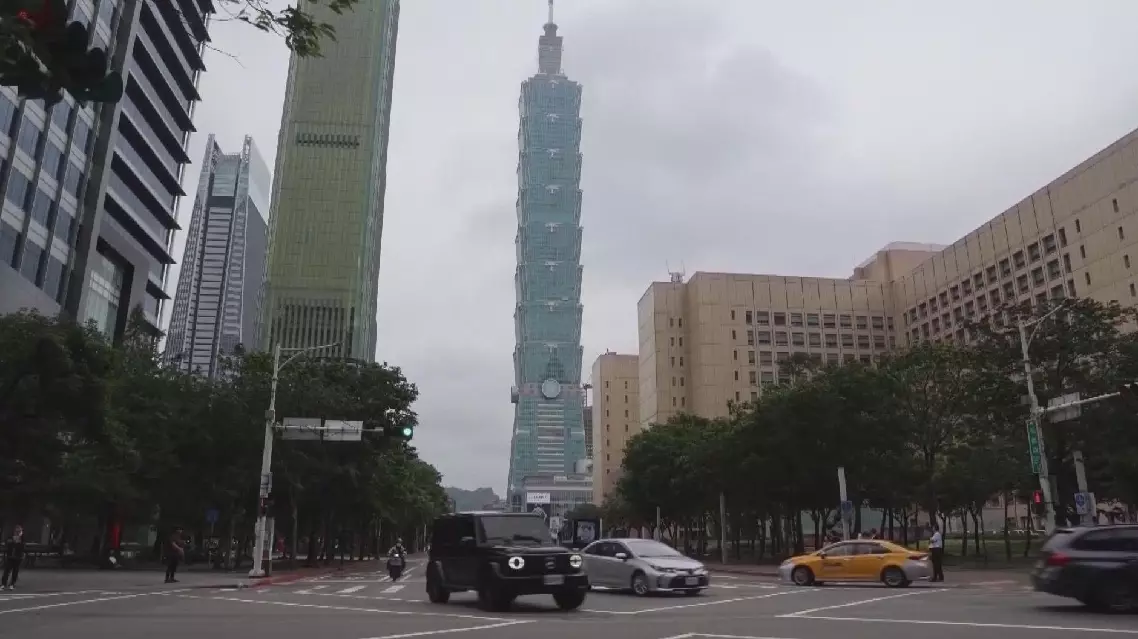A total of 760 million cross-regional passenger trips are expected to be made across China during the Qingming Festival holiday, running from Friday to Sunday, the Ministry of Transport predicted.
The Qingming Festival, also known as the Tomb-Sweeping Day, is a traditional Chinese festival observed to honor ancestors by visiting their graves to clean the tombstones, offer sacrifices, and pay respects.
Travel demand is expected to be particularly high during this period, driven by family visits for tomb-sweeping rituals, as well as leisure travel and spring outings.
From Thursday to Monday, China’s railways are projected to handle 84.5 million passenger trips, with an average of 16.9 million trips per day. The busiest day is expected to be Friday, the festival itself.
The railway authorities will maximize efforts to meet the surging demand by adding more train services, attaching extra carriages, and extending operating hours.
Meanwhile, the Ministry of Transport forecast that an average of 59 million vehicles will travel on expressways each day during the holiday, a 1.1-percent increase over the same period last year.
Of this, new energy vehicles (NEVs) are expected to make up 18 percent of the total daily traffic, a 7-percentage-point rise from last year.
In anticipation of the increase, provinces like Fujian, Shandong, and Zhejiang have already conducted inspections of charging facilities to ensure smooth and efficient travel for NEV drivers.
The aviation sector is also seeing increased demand, especially for flights to popular flower-viewing destinations such as Wuxi and Huangshan in China, as well as international destinations like Japan and South Korea. This rise in demand has led to slight increases in airfare prices.
In southern China, water transportation is entering its peak season. The Qiongzhou Strait, which separates the island province of Hainan from Guangdong Province, is expected to see a surge in passenger and vehicle travel during the holiday.
Around 220,000 passenger trips and 58,000 vehicle trips are forecast, with the highest travel day expected on Friday, when about 85,000 passenger trips and 20,000 vehicle trips are expected to cross the strait.
“The total cross-regional passenger flow during the Qingming Festival holiday is expected to reach some 760 million trips, marking a year-on-year increase of about 3 percent. Travel in key regions, including the Beijing-Tianjin-Hebei area, the Yangtze River Delta, the Guangdong-Hong Kong-Macao Greater Bay Area, and the Chengdu-Chongqing region, will account for nearly 50 percent of the national total. We are strengthening information sharing among different transportation modes, enhancing the coordination of railway, highway, and air transport services, and actively promoting intermodal passenger transportation,” said Gao Bo, deputy director of the transport services department at the Ministry of Transport.
China expects 760 mln cross-regional trips during Qingming Festival holiday
Taiwanese business and youth representatives have criticized leader Lai Ching-te’s depiction of the mainland as a “hostile external force” and his 17 strategies, claiming they jeopardize democracy and threaten Taiwan’s long-term development.
Lai’s 17 strategies, which include restrictive measures on mutual visits by Taiwan and mainland residents as well as on cultural, academic and religious exchanges, have been framed as a response to perceived threats facing the island.
In an exclusive interview with China Global Television Network (CGTN), two representatives from Taiwan expressed strong opposition to Lai’s stance, emphasizing that his policies have instilled fear among the people in Taiwan and are detrimental to its long-term growth.
“Lai Ching-te’s designation of the mainland as a ‘hostile foreign force’ places Taiwan in a dangerous situation and is even more detrimental to its long-term development. How can a region lacking security and stability achieve sustainable growth? This will also negatively impact cross-Strait relations. Taiwan should be relying on the mainland market, and obstructions and restrictive policies will only cause temporary problems; they cannot stop the inevitable trend of deeper cross-Strait integration,” said Chien Chun-nan, vice supervisor of the Association of Taiwan Investment Enterprises on the Mainland.
Wang Yu-Ching, an internet influencer from Taiwan, pointed out that Lai’s 17 policies have instilled fear in Taiwan. He also criticized the Democratic Progressive Party (DPP) authorities for suppressing public dissent, saying that such actions directly contradict the principles of democracy.
“Right now, in Taiwan society, after Lai Ching-te said the 17 policies, the people in Taiwan are kind of scared because the green terror is coming into their lives. For example, if a person says “I want reunification for China” in public. What will happen? Lai Ching-te’s regime will be using a lot of governmental resources to abuse those people, punish and also they will try to destroy these voices. I think that’s really against democracy value,” Wang said.
Lai Ching-te’s mainland stance sparks criticism from Taiwan’s business, youth leaders



